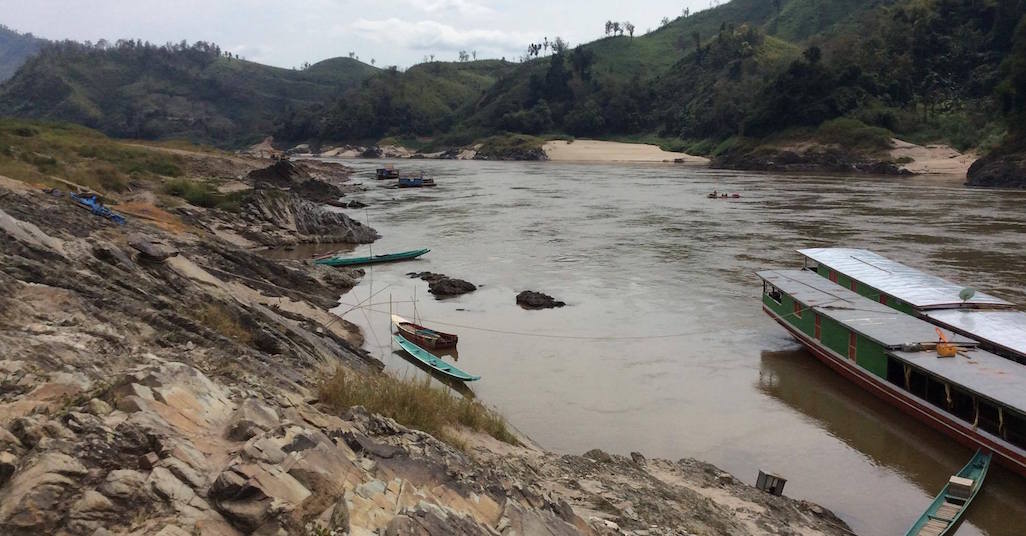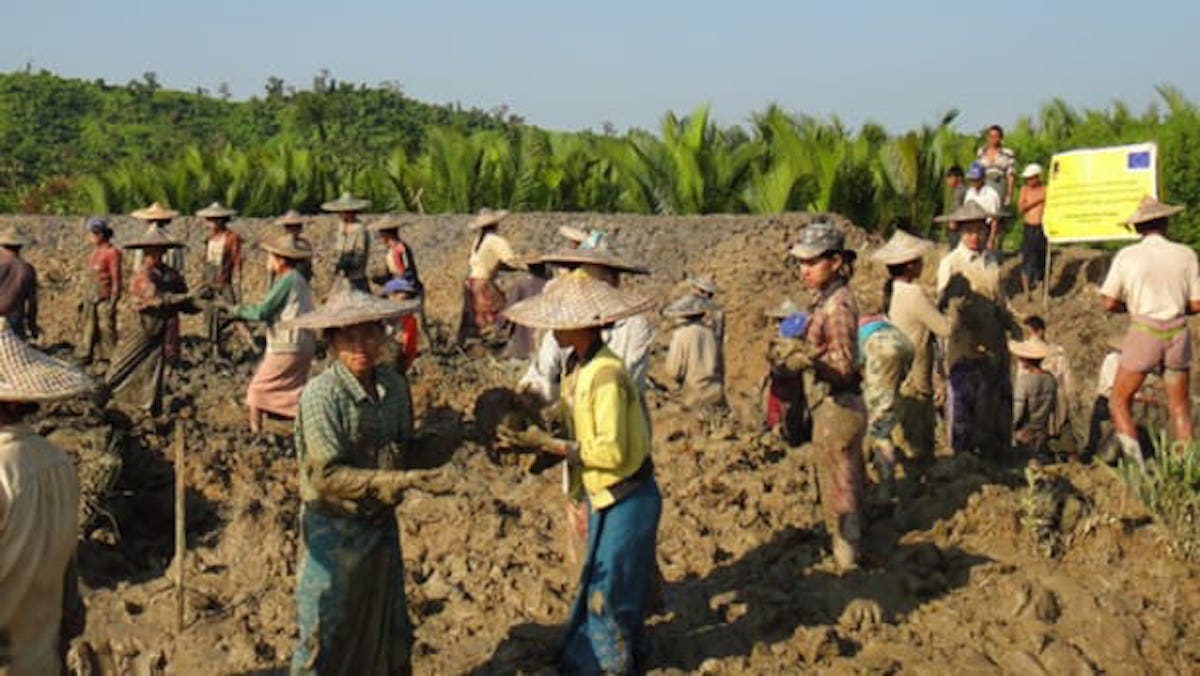According to a new study, while Economic Land Concessions (ELCs) do have some positive impacts, like employment opportunities, new technologies, access to health and improved infrastructure, the negative impacts outweigh these and local communities as well as forest and wildlife are threatened by loss of land, culture and traditions. However, the aim of the study is not to finger point, but to offer practical actions – for the government, private sector, NGOs/CBOs and development partners – to improve the situation for all stakeholders involved.
Background to the study
Rapid deforestation in Cambodia, especially in the North, is often associated with expansion of ELCs for commercial farming and extractive industries such as mining. Those not only pose significant threats to the forests, but also to the traditional livelihoods and lifestyles of indigenous peoples. According to the Ministry of Agriculture, the amount of forest under their jurisdiction that was illegally cleared almost doubled in 2016 to about 5,200 ha. Despite a ban on the export of timber to Vietnam, in 2016 Cambodia still exported nearly $33 million dollars’ worth of unprocessed logs to their neighboring country- more than twice compared to the previous year.
Study
In the end of 2016, SCW in cooperation with lecturers from the Royal University of Phnom Penh (RUPP) conducted a study on the impacts of ELCs Impacts of Economic Land Concessions on Project Target Communities Living Near Concession Areas in Virachey National Park and Lumphat Wildlife Sanctuary, Ratanakiri.
The study is available online (in order to save paper) on SCW’s website http://cambodiaswildlife.org/index.php/news/266-public-dissemination-of-elc-impact-study-on-23-november-2016 or you can request a hard copy via e-mail. The study of 99 pages includes 4 pages of Executive Summary.
Background of the project
This ELC study has been conducted as part of the 3-year project in cooperation German NGO Welthungerhilfe (WHH) funded by the German Federal Ministry for Economic Cooperation and Development (BMZ). The “Initiative for the protection of tropical forests and biodiversity in Cambodia” shall contribute to the preservation of Cambodia’s tropical forest in its’ function as a carbon sink & habitat for endangered animal and plant species. This is a follow up action in order to replicate and amplify its’ positive impact of the highly successfully implemented EU funded project, which was carried out together with WHH “Poverty Alleviation through Improved Biodiversity Conservation in Virachey National Park” and after which a positive change towards knowledge, attitude and practices related to Natural Resource Management and Environmental Protection could be observed.
“Cambodia has one of the highest deforestation rates in the world, which highly impacts climate change, biodiversity and the living condition of local people. Save Cambodia’s Wildlife would like to see all people contributing to the protection of the forest. Because our forest is our life and our future. Join our journey to build a greener future together!”
About SCW
SCW is a Cambodian not-for-profit, non-partisan, civil society organization, which serves the public in the fields of wildlife conservation, natural resource management, and environmental protection, including concerns and effects of climate change. SCW was founded in 1999, and officially registered with Cambodia’s Ministry of Interior in 2002.
Over the last 15 years (by the end of 2016):
— SCW has been working directly on the protection of over 38,400 hectare of forest. That’s 52,000 soccer fields!
— In total, these efforts contributed to the conservation of more than 510,700 hectare of forest and wildlife habitat. That’s over 690,000 soccer fields!
— SCW established 13 Community Protected Areas (CPAs) – 7 in the North-East and 6 along the coastal zone – and continues supporting them.
SCW has been highly successful with a range of projects including the provision of technical support and increasing environmental awareness among the general public through teaching programs, publications, and environmental awareness campaigns. SCW has been working on a firm belief that providing education and increasing public awareness in environmental issues are fundamental to conservation. Therefore our primary focus has been on education as a key to conservation. We continue to address environmental issues by disseminating accurate information and knowledge to the local communities and other stakeholders and networking among them.
This was submitted to The Mekong Eye as a press release and reflects the views of the author only.




